Traveling to some countries presents significant risks, from political instability to violent crime. The U.S. Department of State regularly updates advisories to help citizens understand these risks before they book their flights. Let’s investigate which countries are considered the most hazardous and why travelers should exercise caution or even reconsider their plans.
Afghanistan
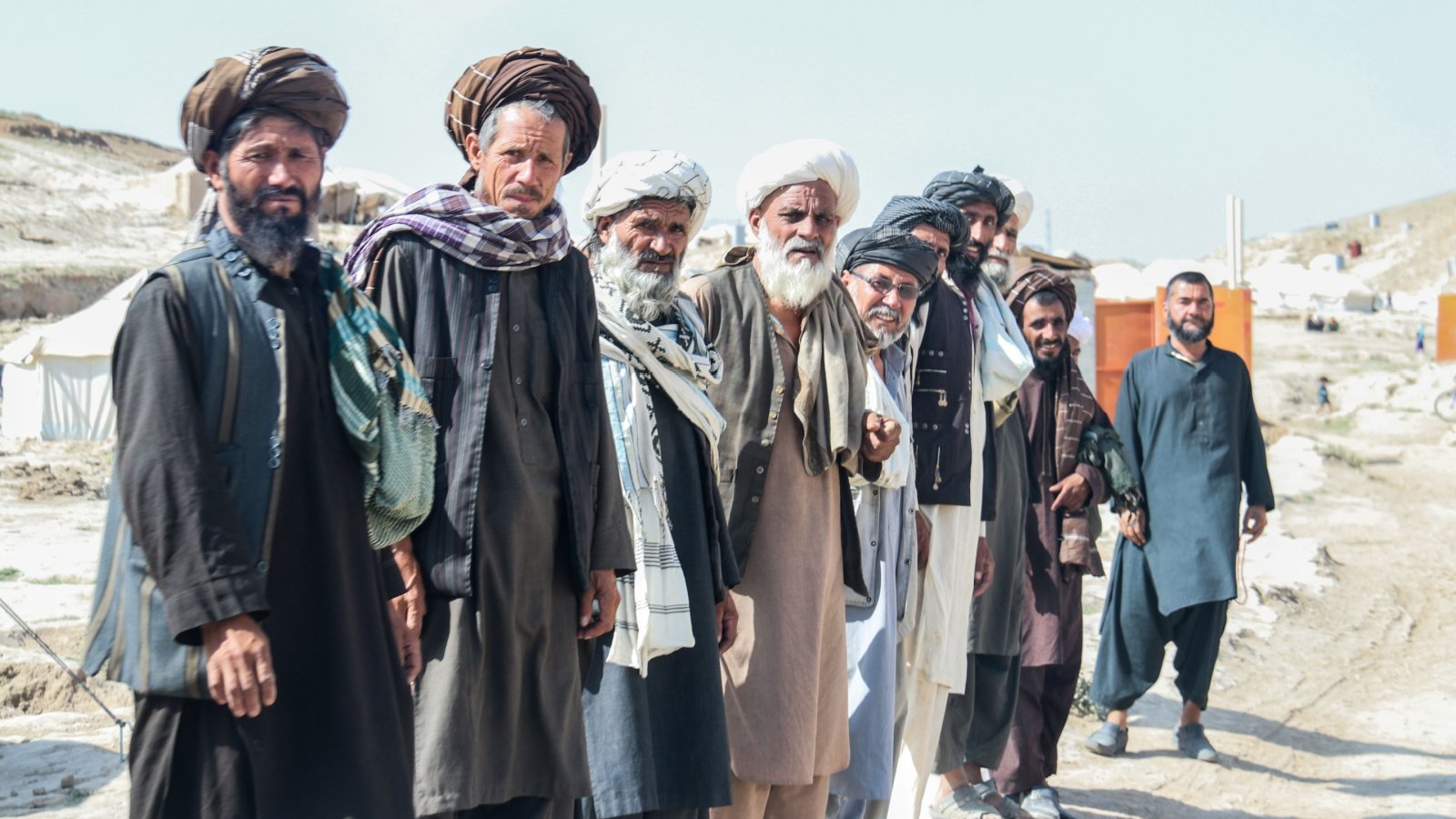
Afghanistan remains critically unstable, with ongoing armed conflict, terrorism, and kidnapping. Travelers are strongly advised against visiting due to the extreme risks to personal safety. The U.S. Department of State urges all citizens to leave the country immediately if they are currently present.
Syria
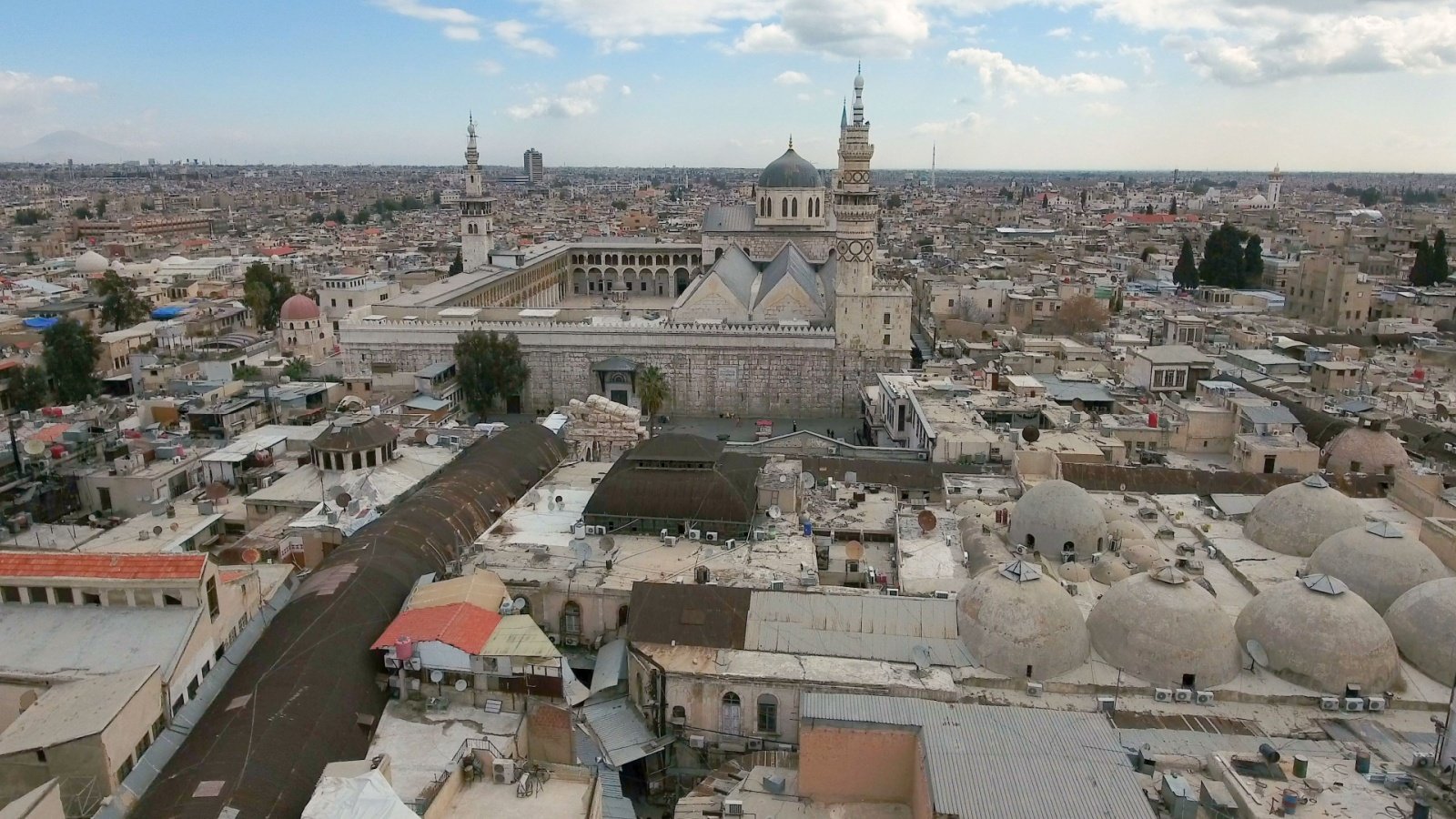
Syria’s prolonged civil war has left much of the country unsafe for travel. Areas are plagued by warfare, terrorism, and widespread devastation, making it extremely dangerous for foreigners. The U.S. government lacks the infrastructure to provide consular services in Syria, further compounding the risks.
North Korea

Traveling to North Korea poses significant risks of arrest and long-term detention of U.S. nationals under North Korea’s system of law enforcement. The U.S. has very limited diplomatic capability to assist citizens in North Korea.
Iran
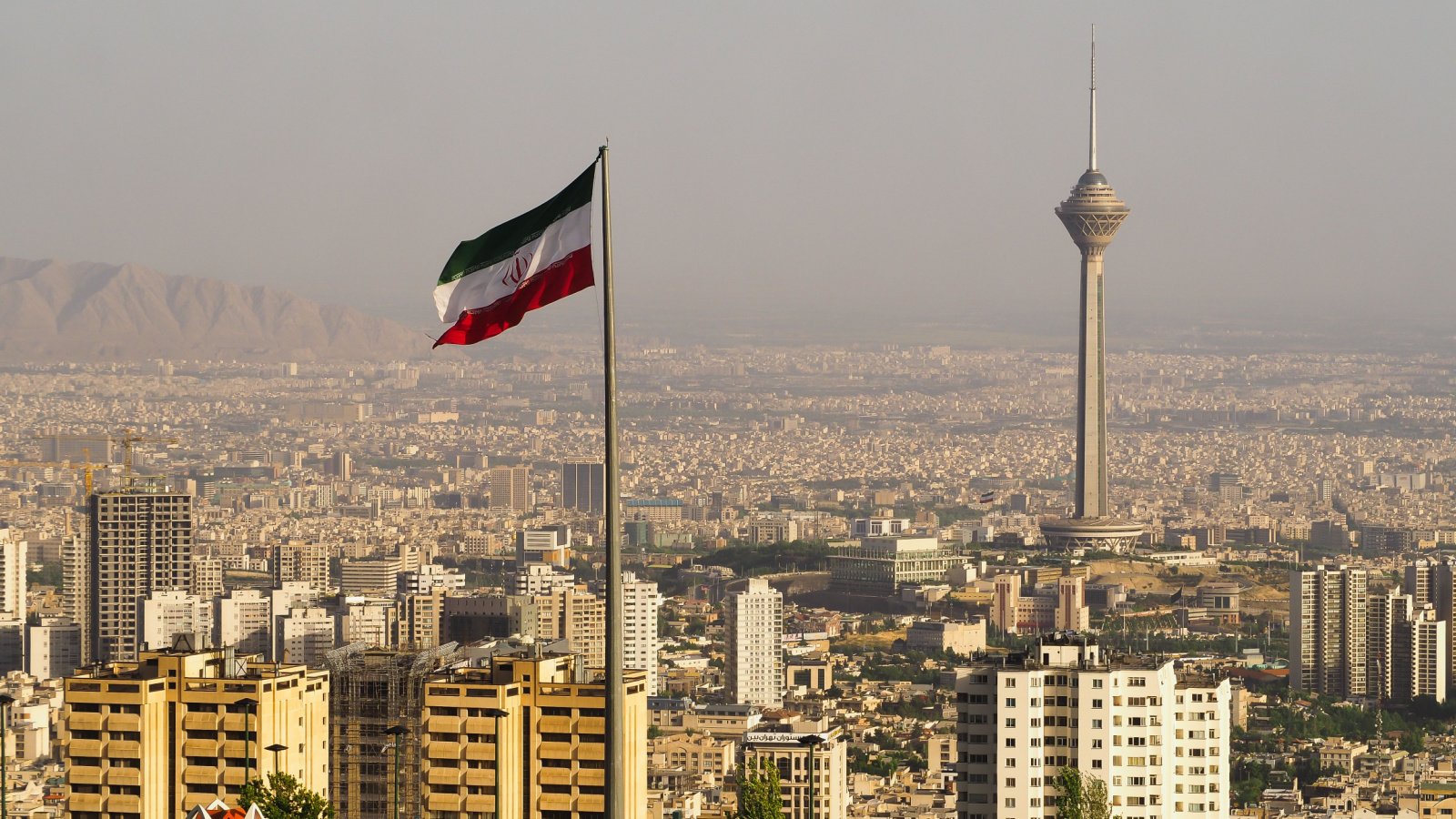
Iran presents a high risk due to political instability and tensions, particularly involving Western countries. U.S. citizens face significant risks of arrest and detention. Travel advisories strongly discourage visits, emphasizing the lack of diplomatic relations.
South Sudan
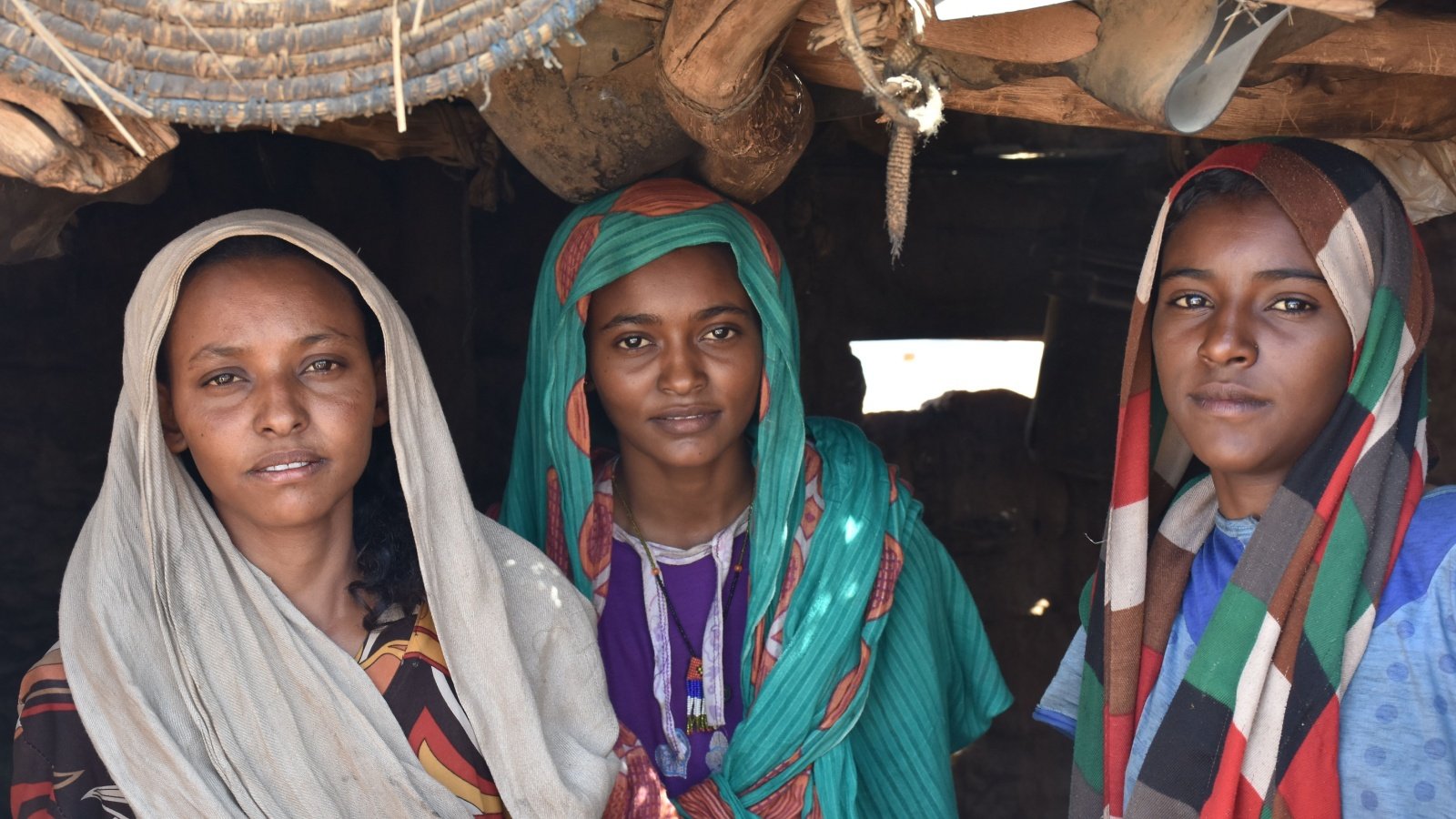
South Sudan experiences ongoing conflict, ethnic violence, and widespread crime, including kidnappings. Humanitarian workers and tourists alike are advised to reconsider plans to visit due to unpredictable safety conditions.
Libya
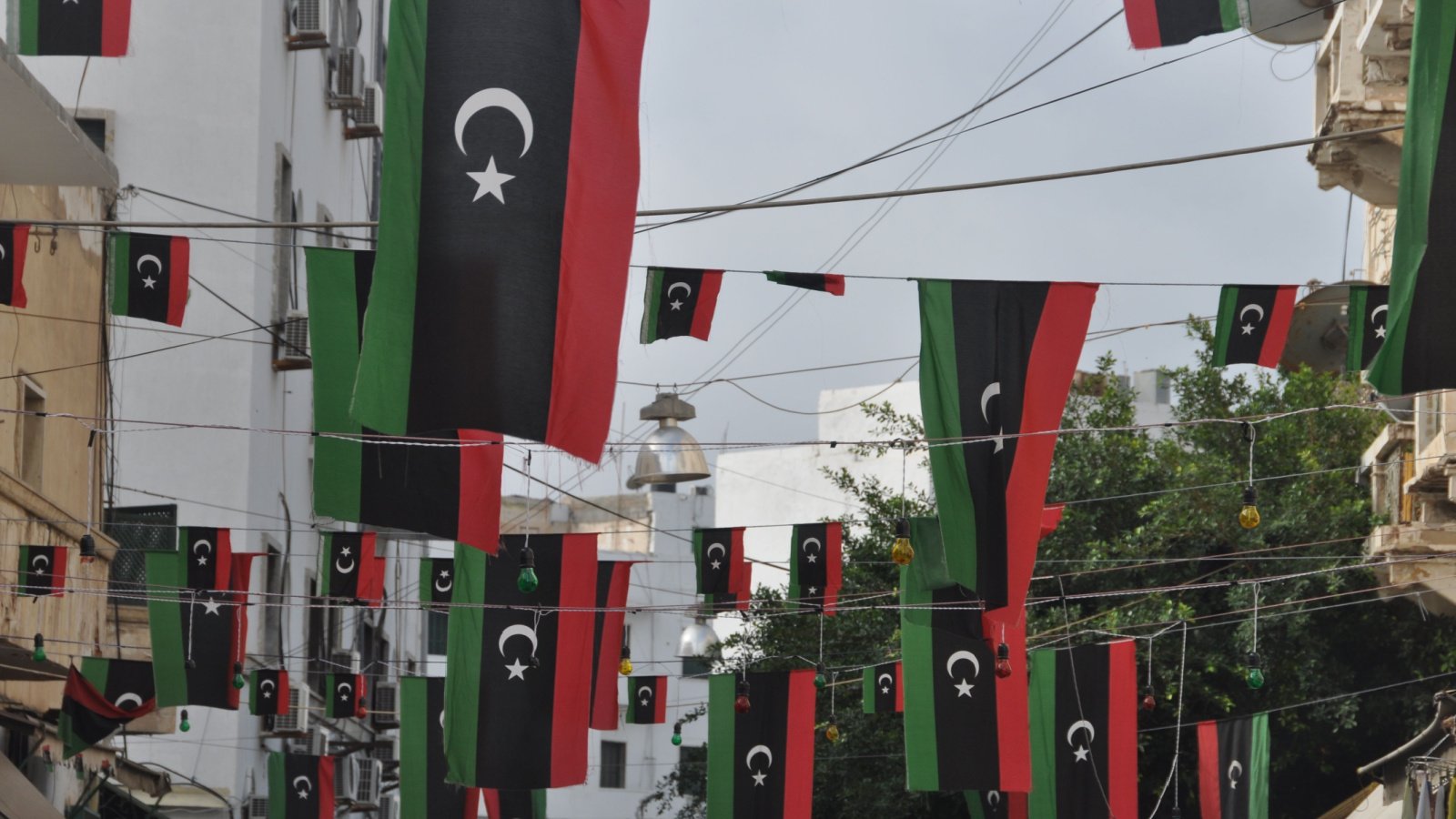
Libya’s continuing conflict and political instability pose serious risks, including terrorism, kidnapping, and civil unrest. Infrastructure breakdowns have led to unsafe living conditions, with frequent water and power outages. Travel to Libya is strongly discouraged by the U.S. Department of State.
Venezuela

Venezuela’s political instability, coupled with a high crime rate, poses significant risks to travelers. Shortages of food, water, and medicine are common. The U.S. advises citizens to avoid travel due to arbitrary arrest and detention of U.S. citizens.
Somalia
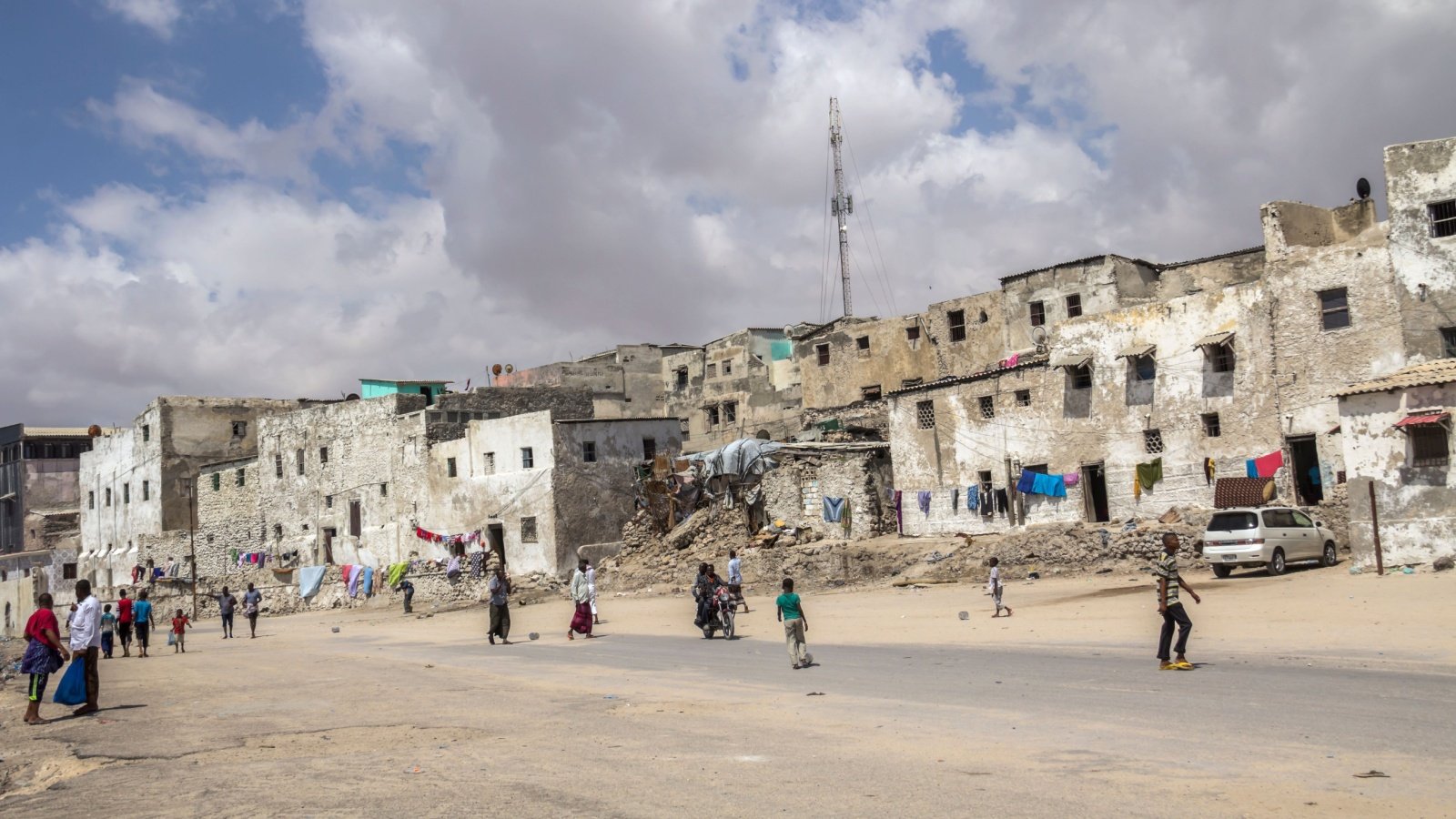
Somalia remains a hotspot for piracy, terrorism, and kidnapping. The absence of an effective national government further exacerbates the danger of visiting foreigners. The U.S. government recommends against all travel to Somalia due to these severe security issues.
Yemen
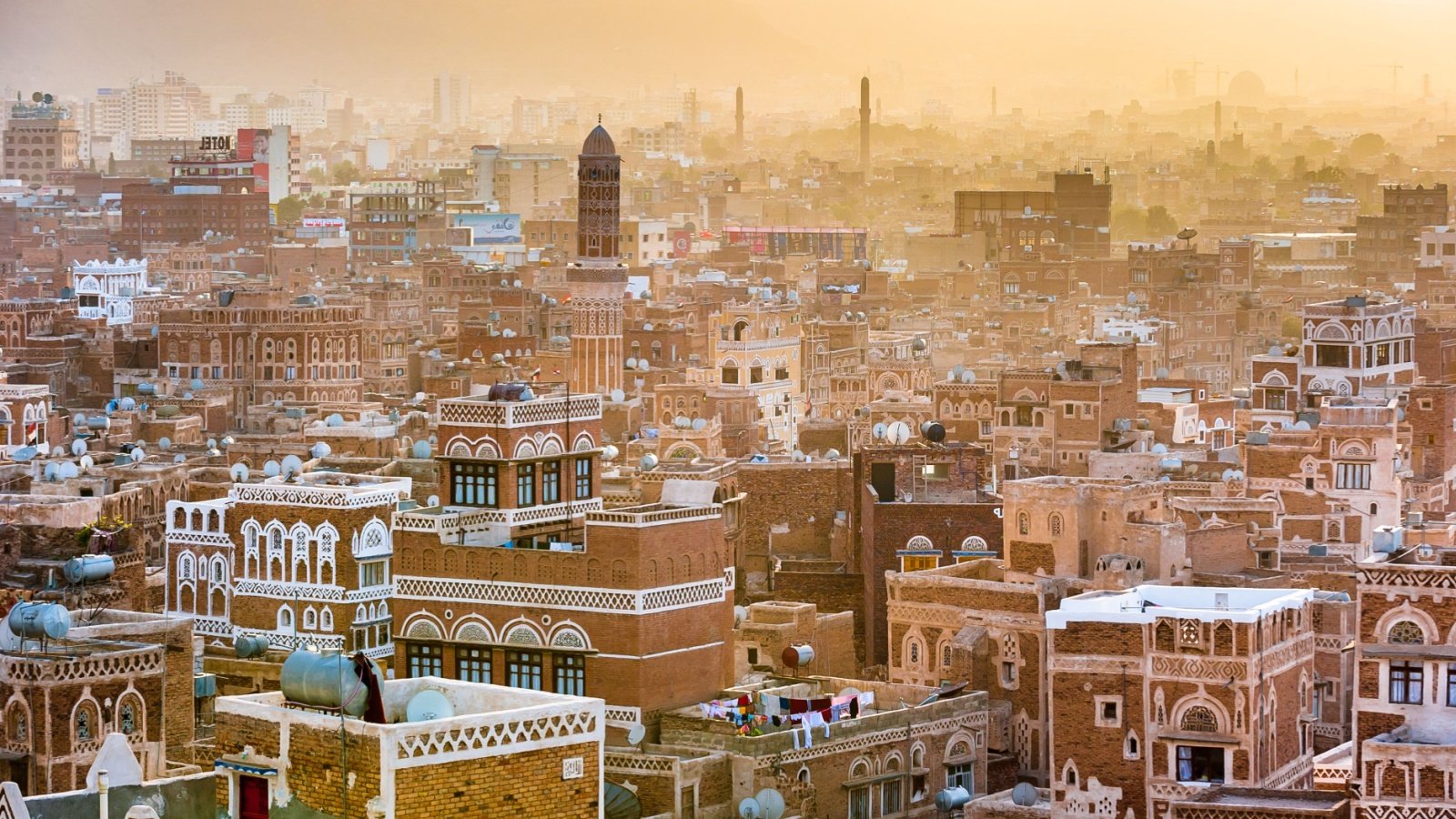
Yemen is currently facing a severe humanitarian crisis due to ongoing conflict, famine, and disease outbreaks. The security situation is extremely unstable, with risks of terrorism and hostage-taking. It is advised that all travel to Yemen be avoided.
Iraq
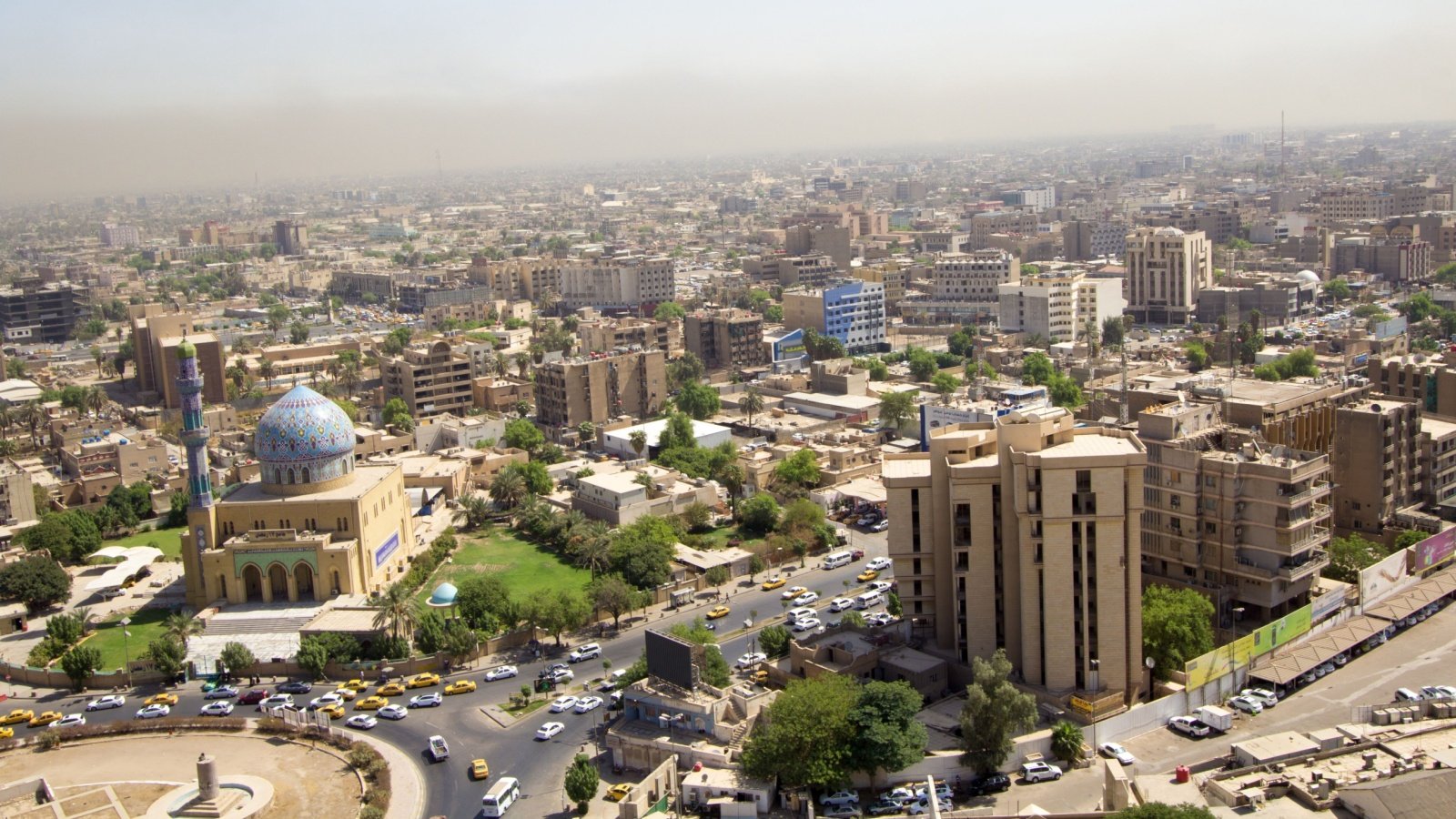
Iraq continues to face threats from terrorism and armed conflict. Although areas have stabilized, the potential for violence remains, particularly for Westerners. Travelers are urged to remain vigilant and consider the risks of travel to Iraq.
Mali
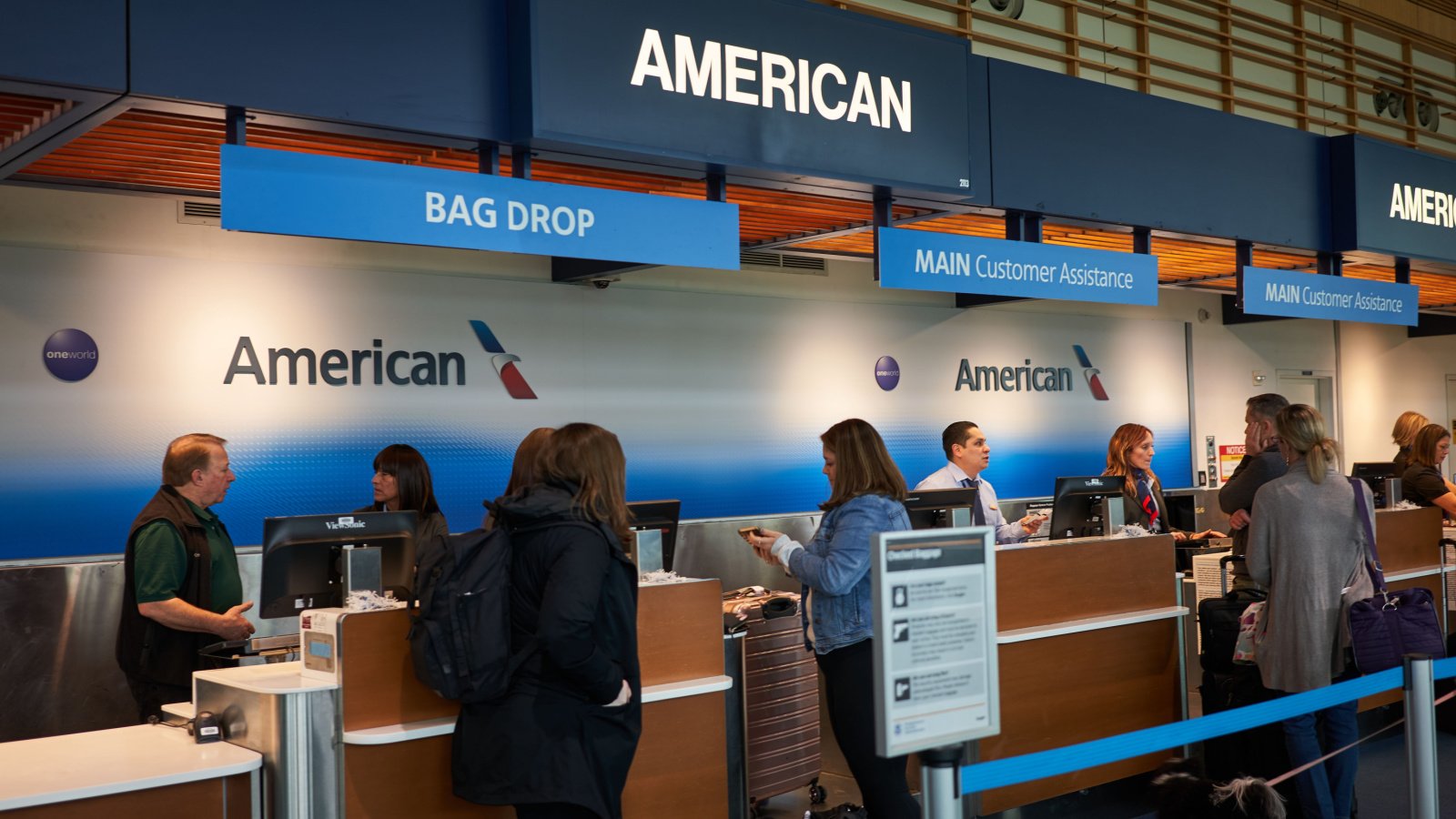
Mali has a heightened risk of terrorism and kidnapping, particularly in northern and central regions. Recent attacks have targeted foreign nationals and places frequented by tourists. The U.S. advises extreme caution and recommends deferring all non-essential travel to Mali.
Central African Republic
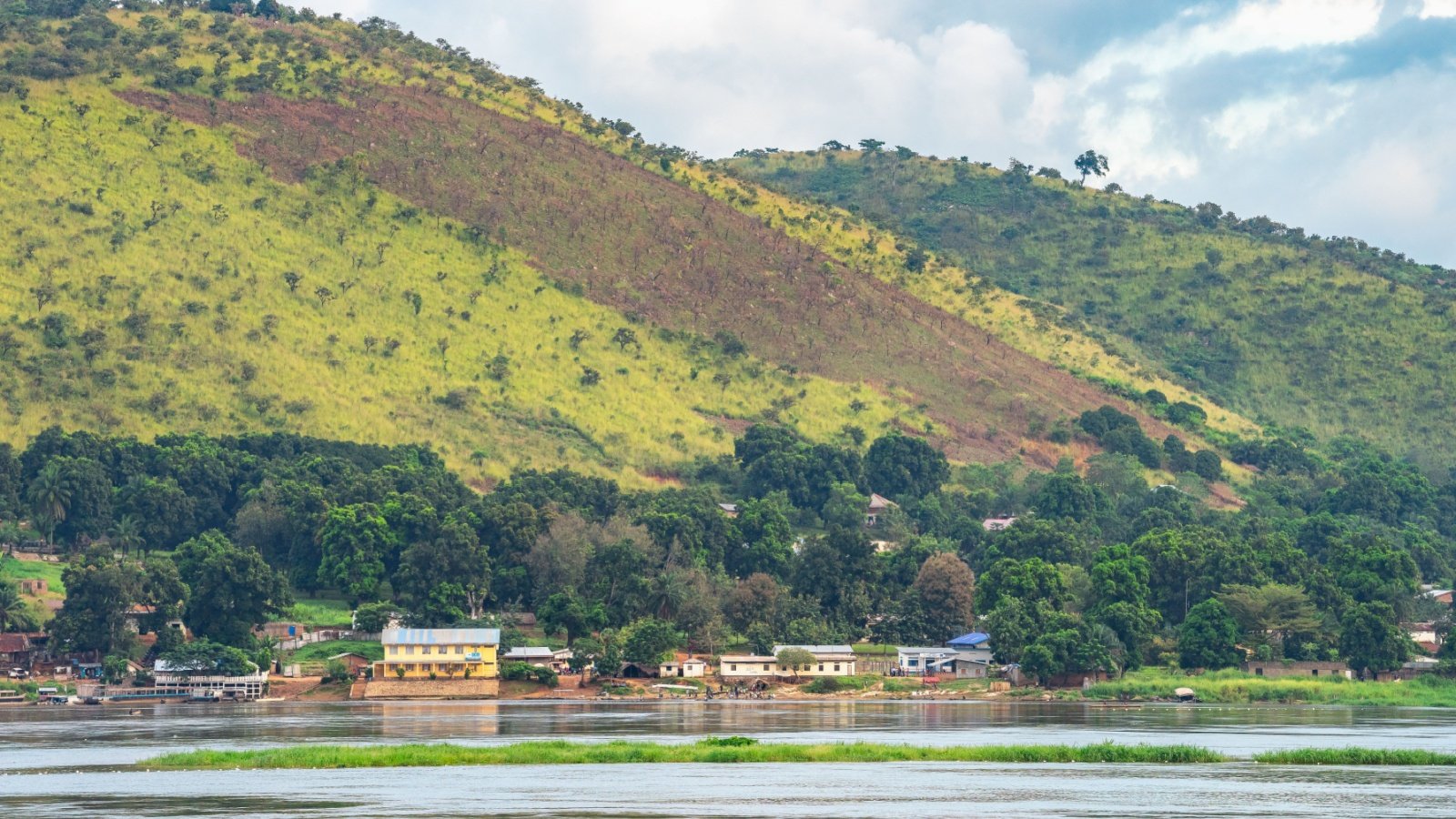
The Central African Republic suffers from political instability and intermittent violence. Conditions are dangerous, particularly outside the capital city, where armed groups operate with impunity. The U.S. State Department advises against travel here due to extreme security risks.
Haiti
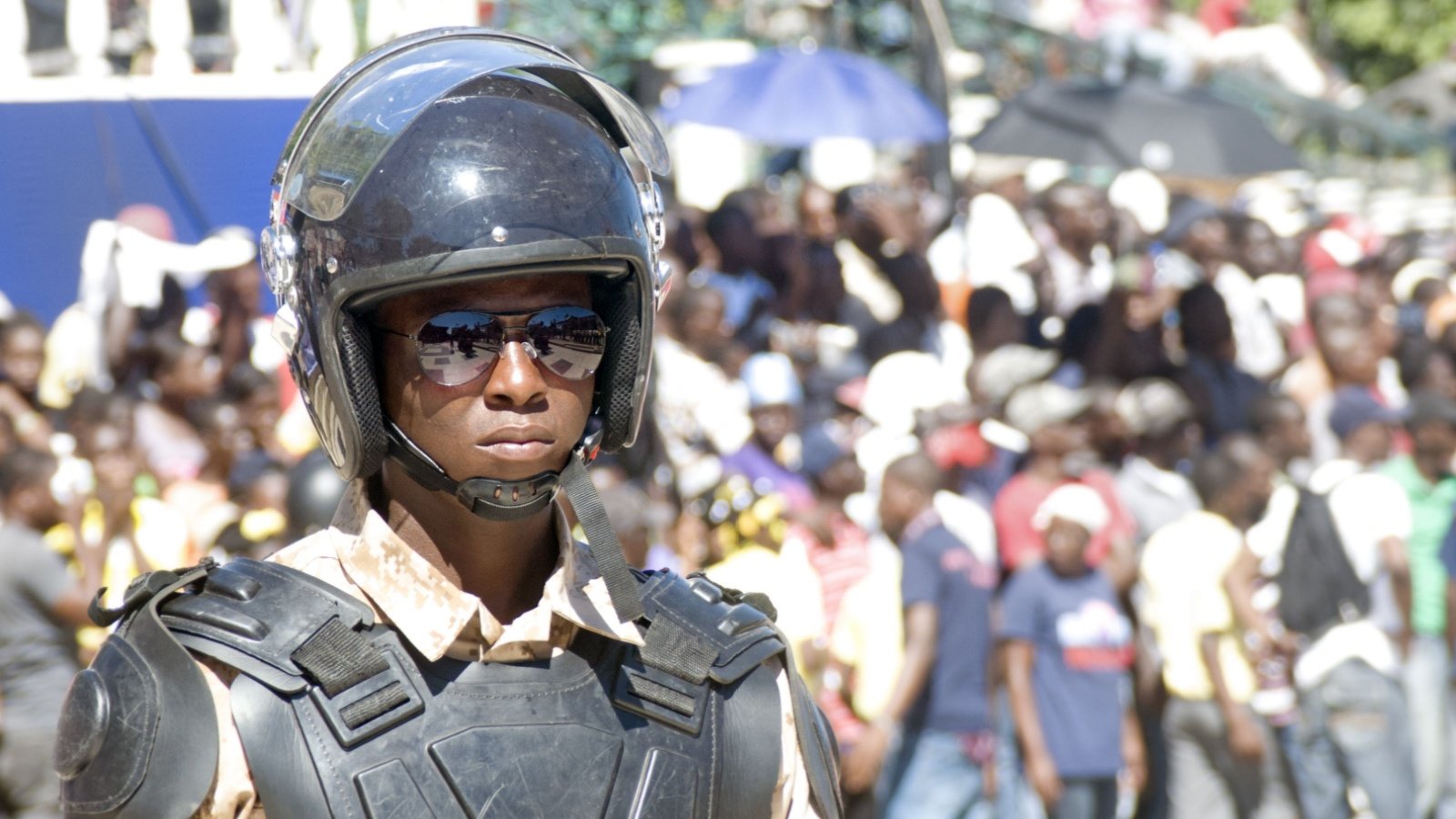
Haiti’s political instability is compounded by high rates of crime, including kidnappings for ransom. Infrastructure deficiencies make it difficult to navigate safely. The U.S. government advises travelers to reconsider travel to Haiti due to the current security situation.
Burkina Faso

Burkina Faso faces increased terrorist activity and communal violence. The security situation is highly volatile, especially along the borders with Mali and Niger. Travel advisories recommend against visiting areas prone to these threats.
Pakistan
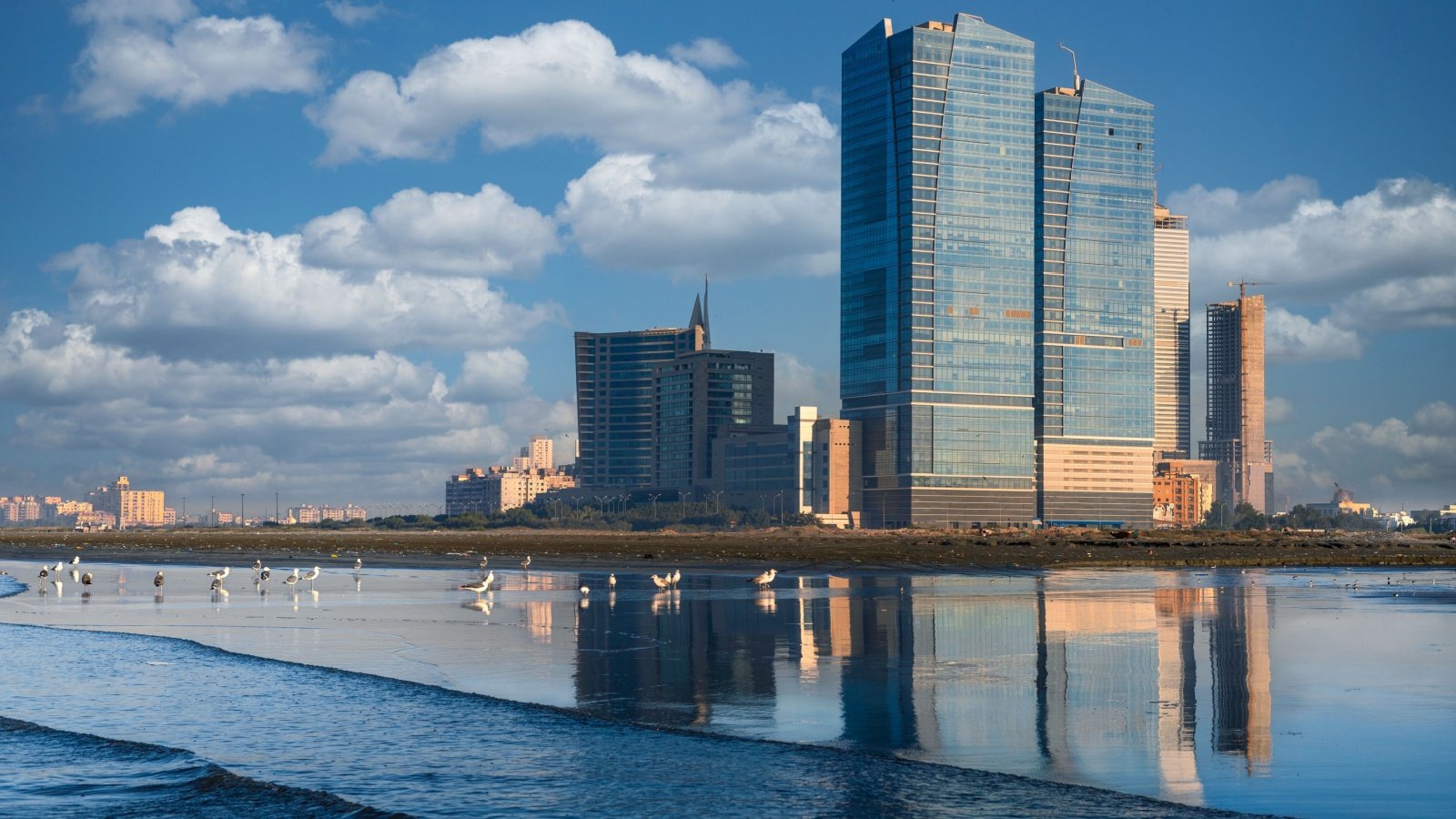
Certain regions in Pakistan, such as the tribal areas, are particularly dangerous and inaccessible to government authorities. Travelers should remain highly cautious and avoid unnecessary visits to high-risk zones.
Nigeria
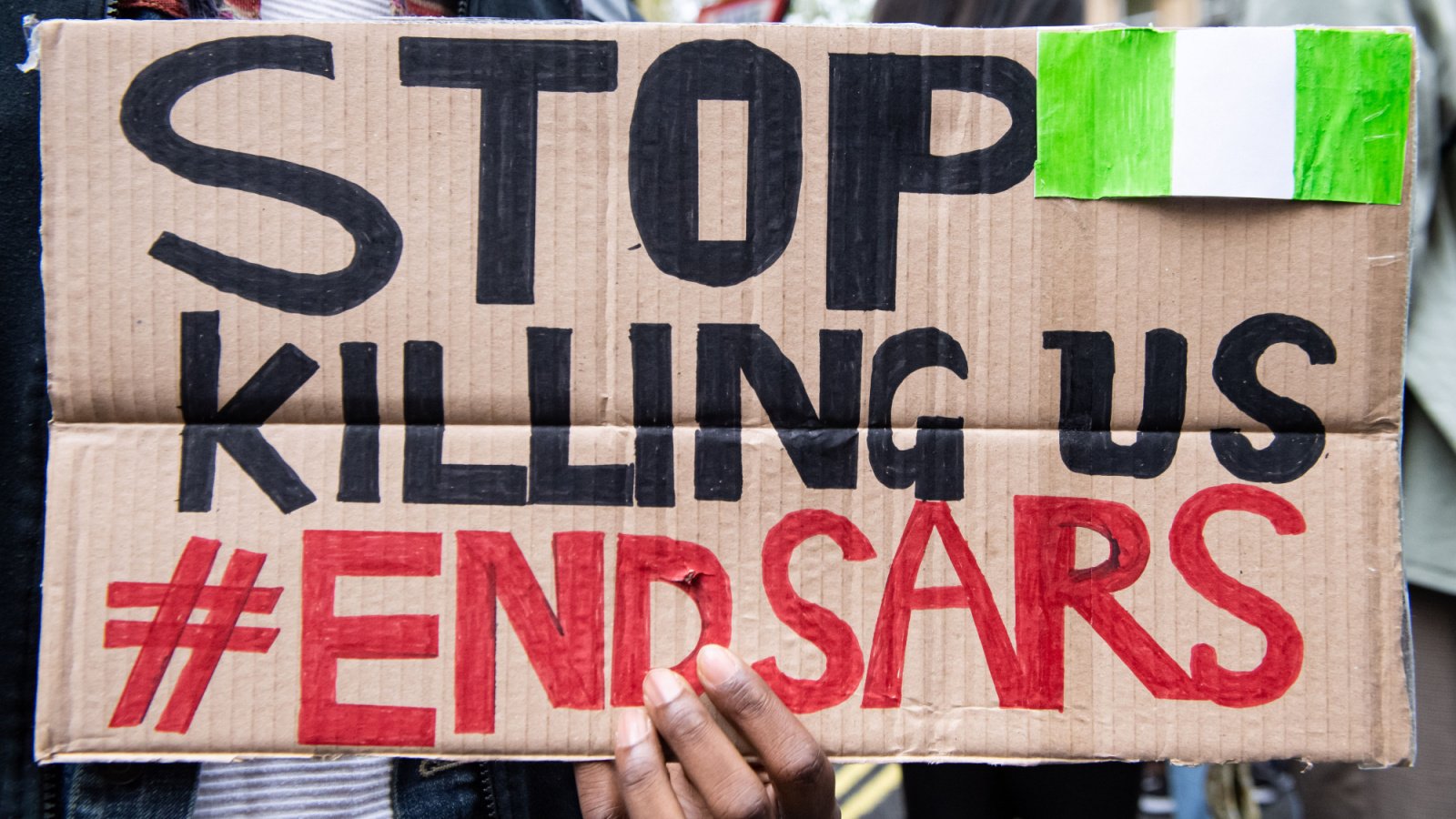
In Nigeria, there’s a high risk of crime, terrorism, and kidnapping, especially in the northern regions. Travel is particularly risky due to the activities of several terrorist groups. Visitors are advised to stay vigilant and avoid travel to conflict-prone areas.
Philippines
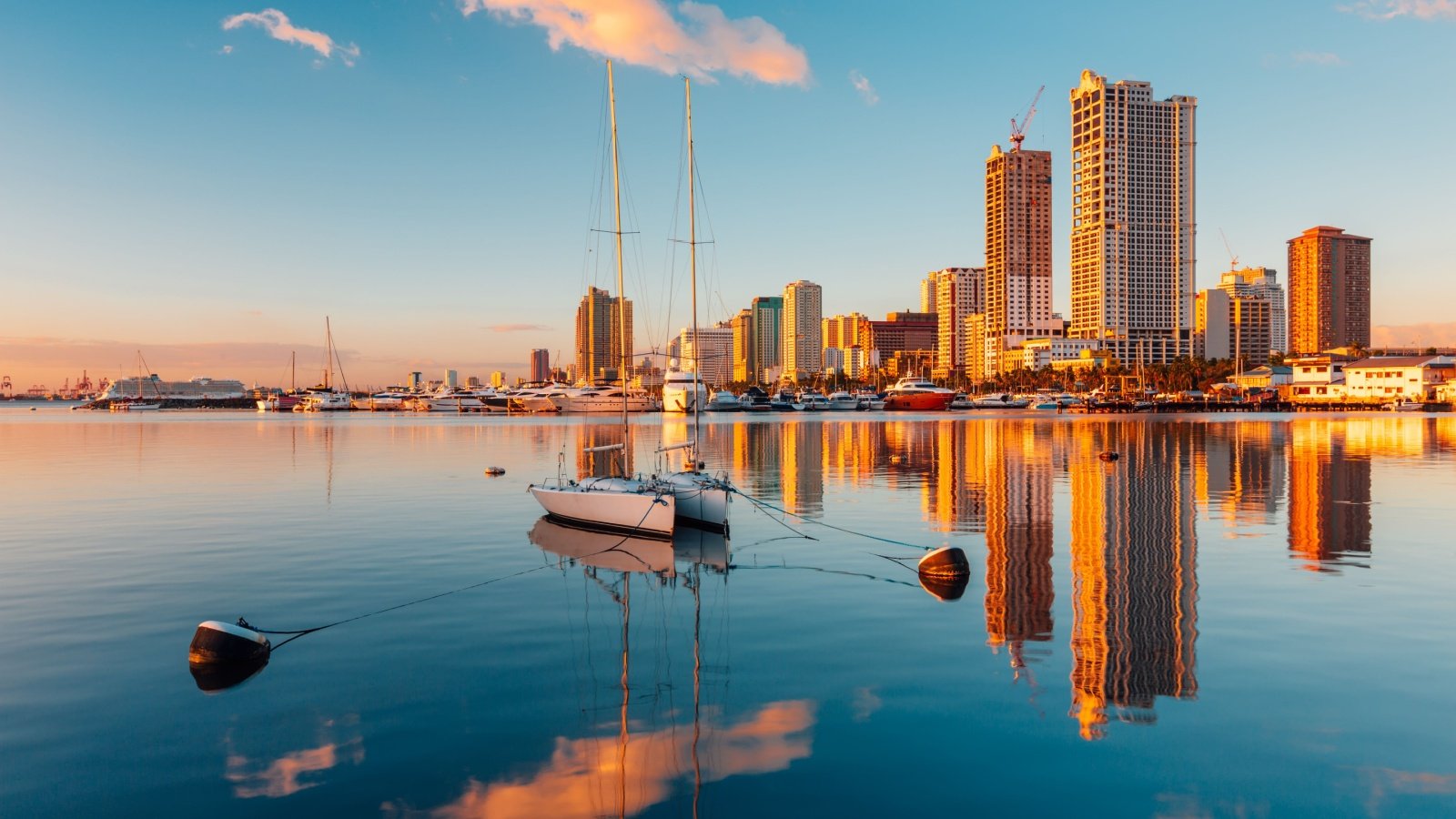
Certain regions in the Philippines, face ongoing threats from terrorism and civil unrest. Kidnapping of foreign nationals and attacks on tourist resorts have occurred. The U.S. Department of State recommends caution and advises against travel to specific areas prone to violence.
Ukraine
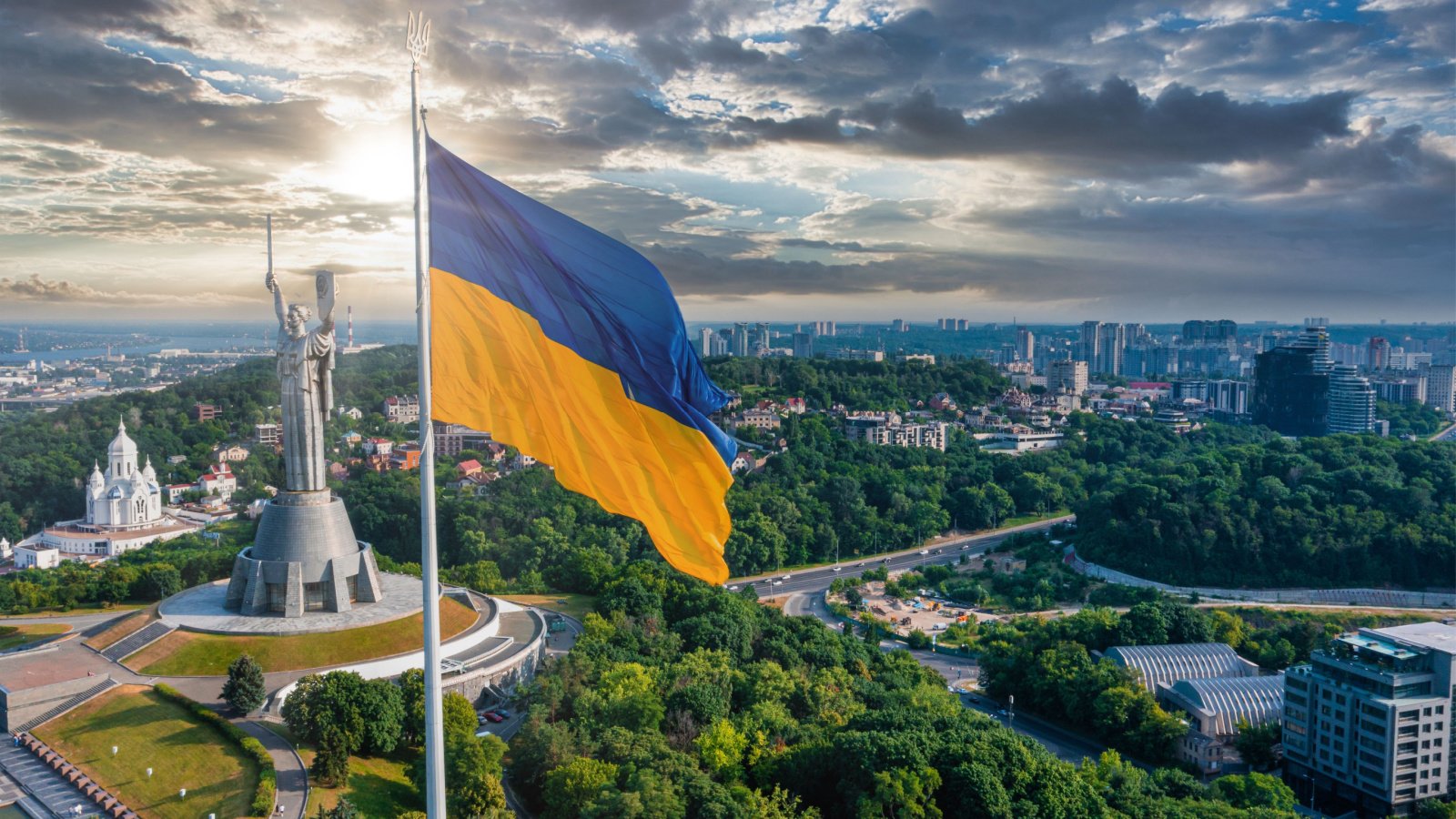
Due to ongoing conflict and tensions in eastern Ukraine and Crimea, there are significant risks for visitors. The U.S. government advises against travel to these regions due to concerns over safety and security. Travelers should monitor travel advisories regularly for updates.
Russia

The political climate and laws regarding non-governmental activities pose risks for foreign visitors to Russia. Travelers are advised to remain cautious, especially when attending public events or expressing opinions. Recent tensions have escalated the risks.
Mexico
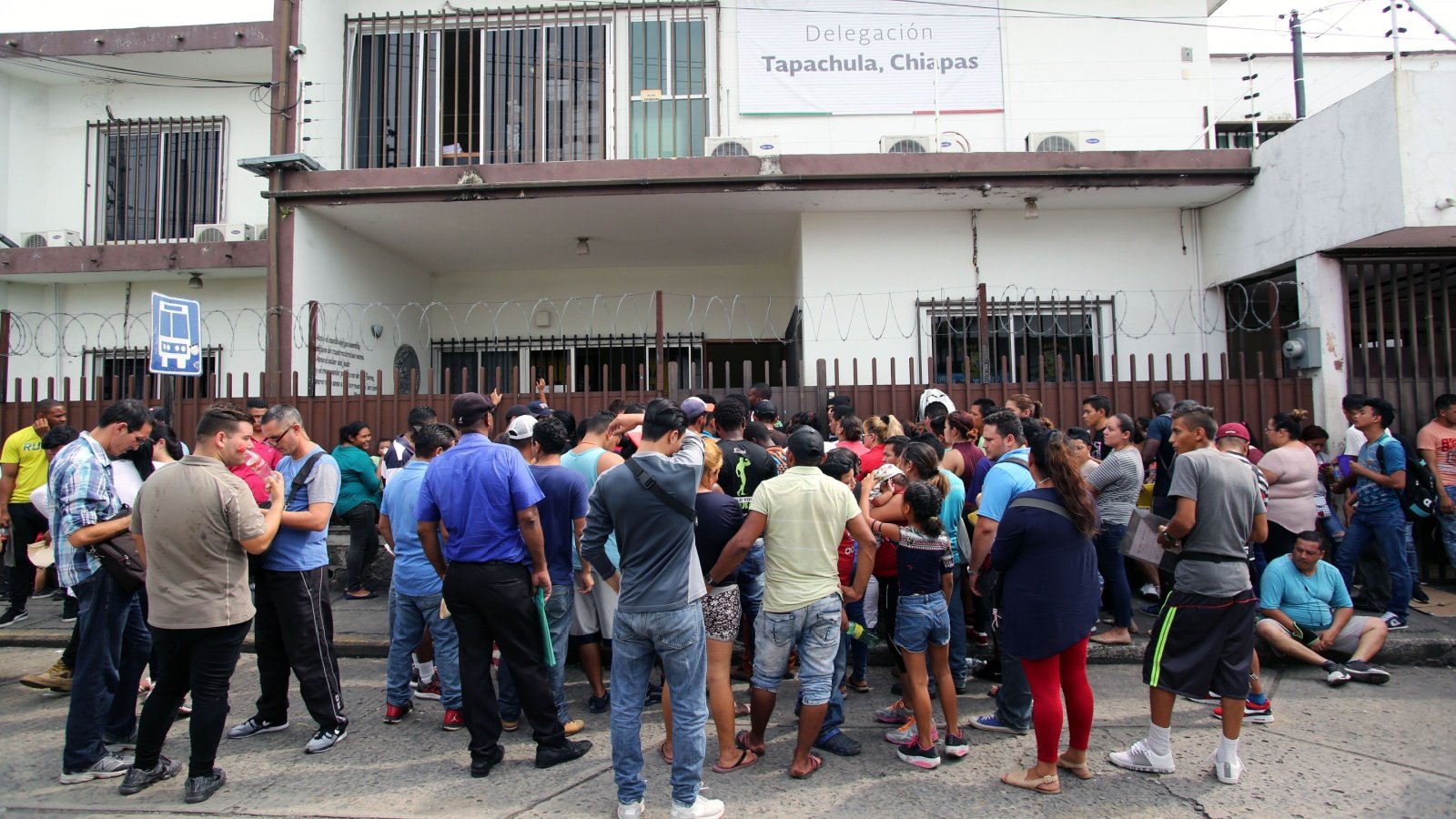
While many parts of Mexico remain popular tourist destinations, certain areas are significantly affected by drug cartel violence. Visitors should prioritize safety, adhere to tourist zones, and avoid night travel.
Colombia
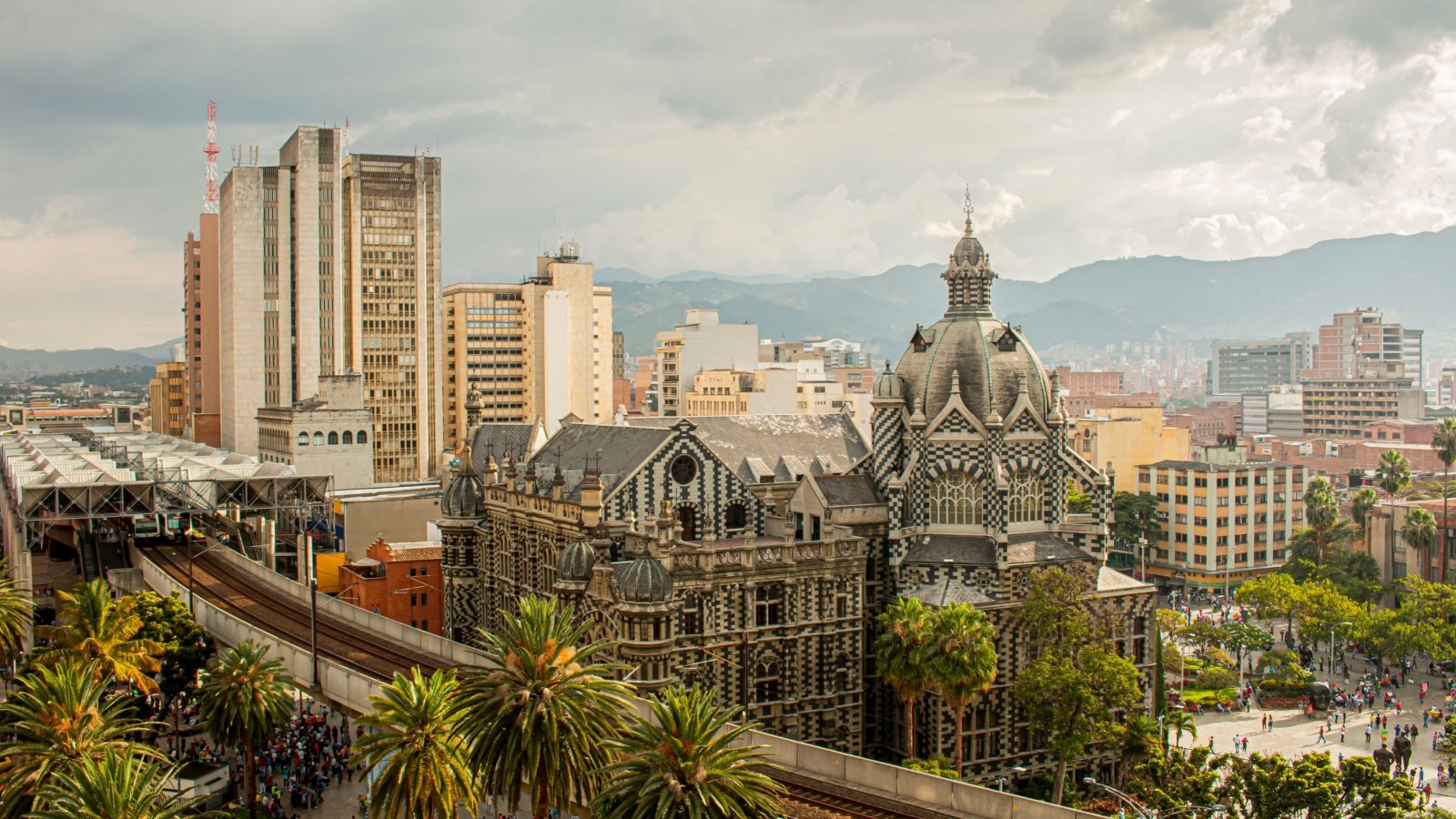
Despite significant improvements, Colombia still poses risks due to crime and terrorism. Rural areas particularly suffer from the presence of armed groups. Travelers are encouraged to stay in urban centers and remain vigilant, especially after dark.
Bangladesh
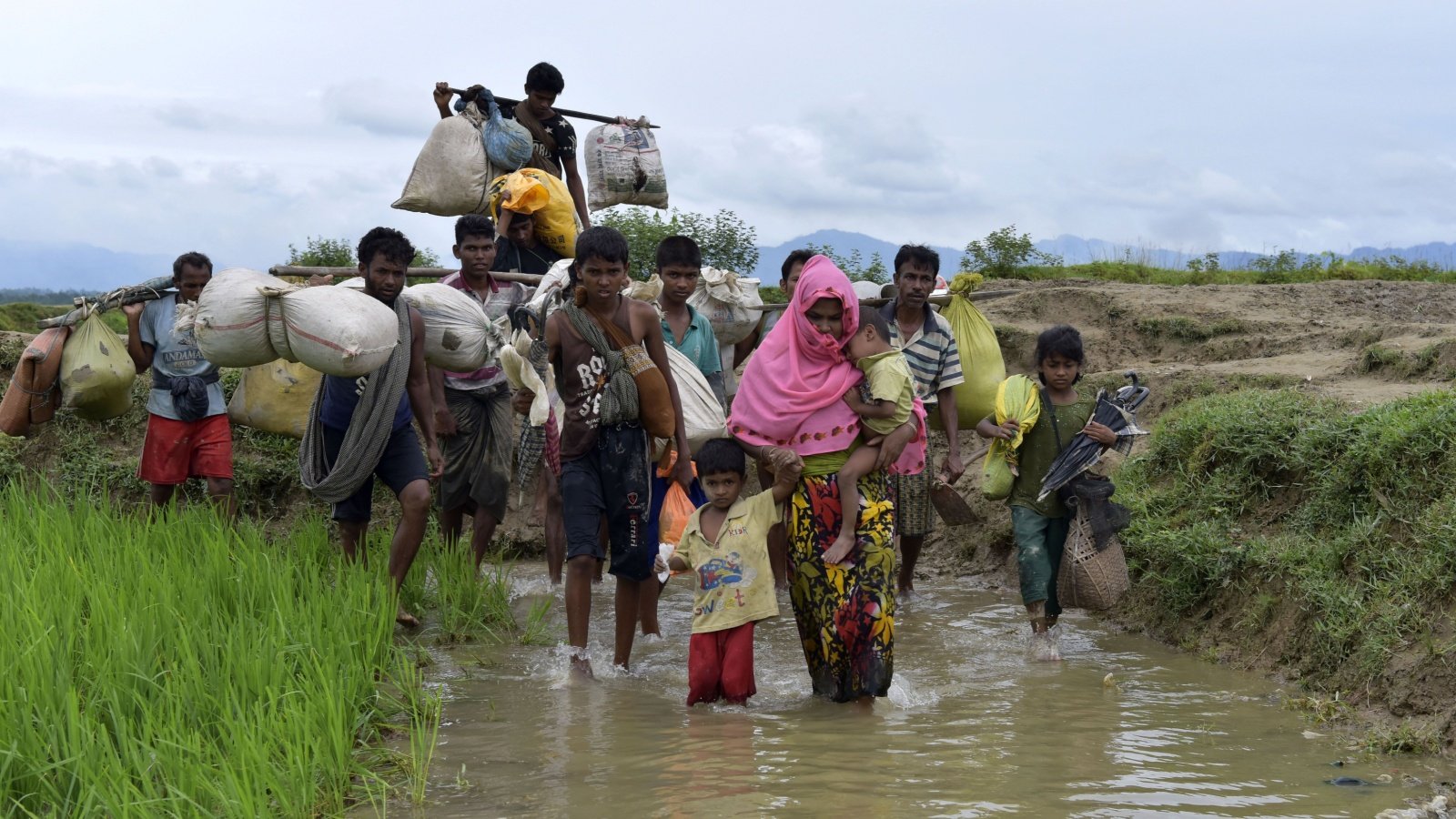
Political unrest, terrorism, and natural disasters pose threats in Bangladesh. Westerners can be targets of violence in politically charged environments. The U.S. government encourages travelers to maintain a high level of security awareness.
Myanmar
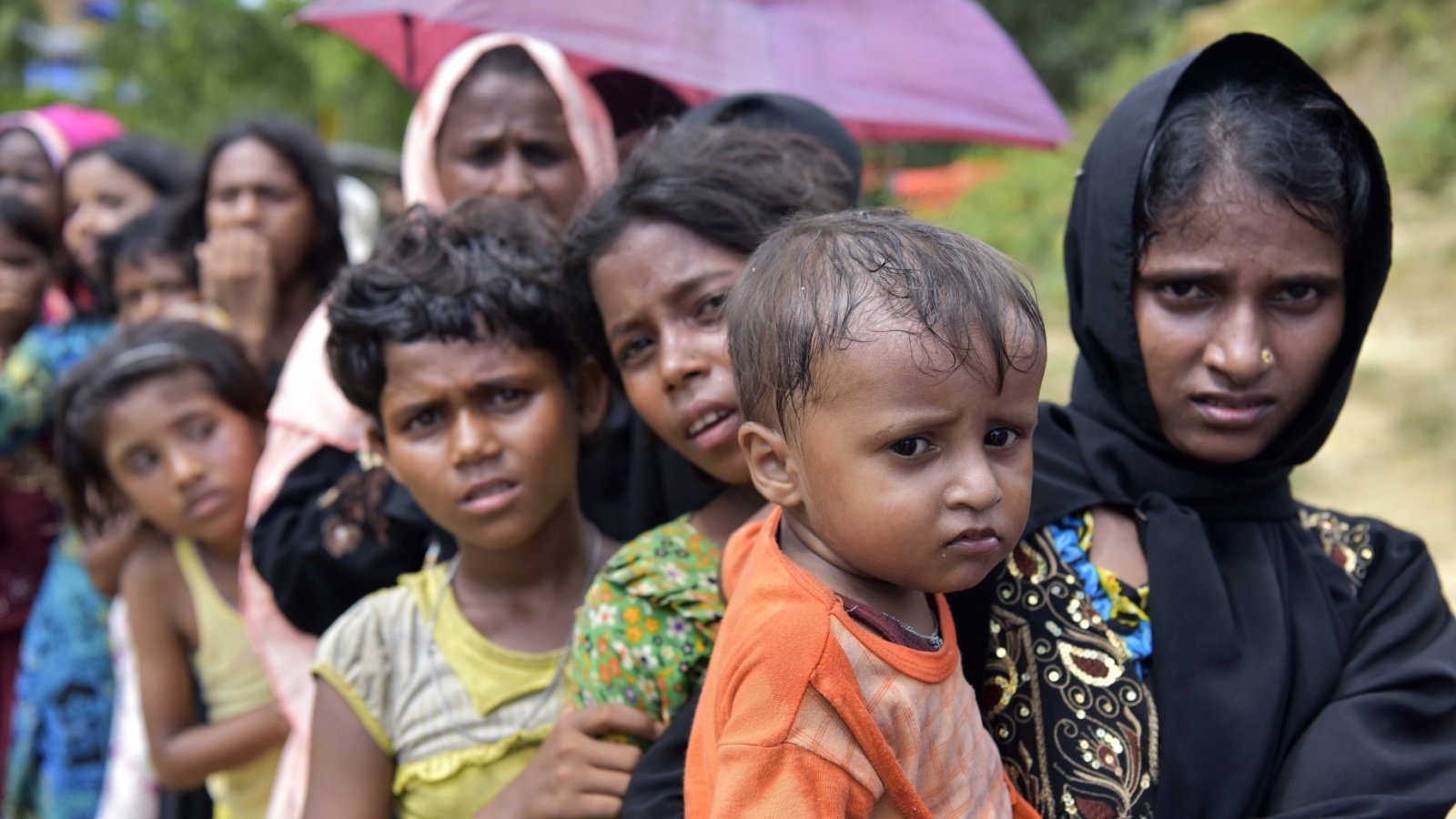
Following political upheaval and military actions, Myanmar is currently experiencing significant instability. Risks include violence, arbitrary detentions, and limited freedom of movement. Travel to Myanmar is strongly discouraged due to the severe risk to safety.








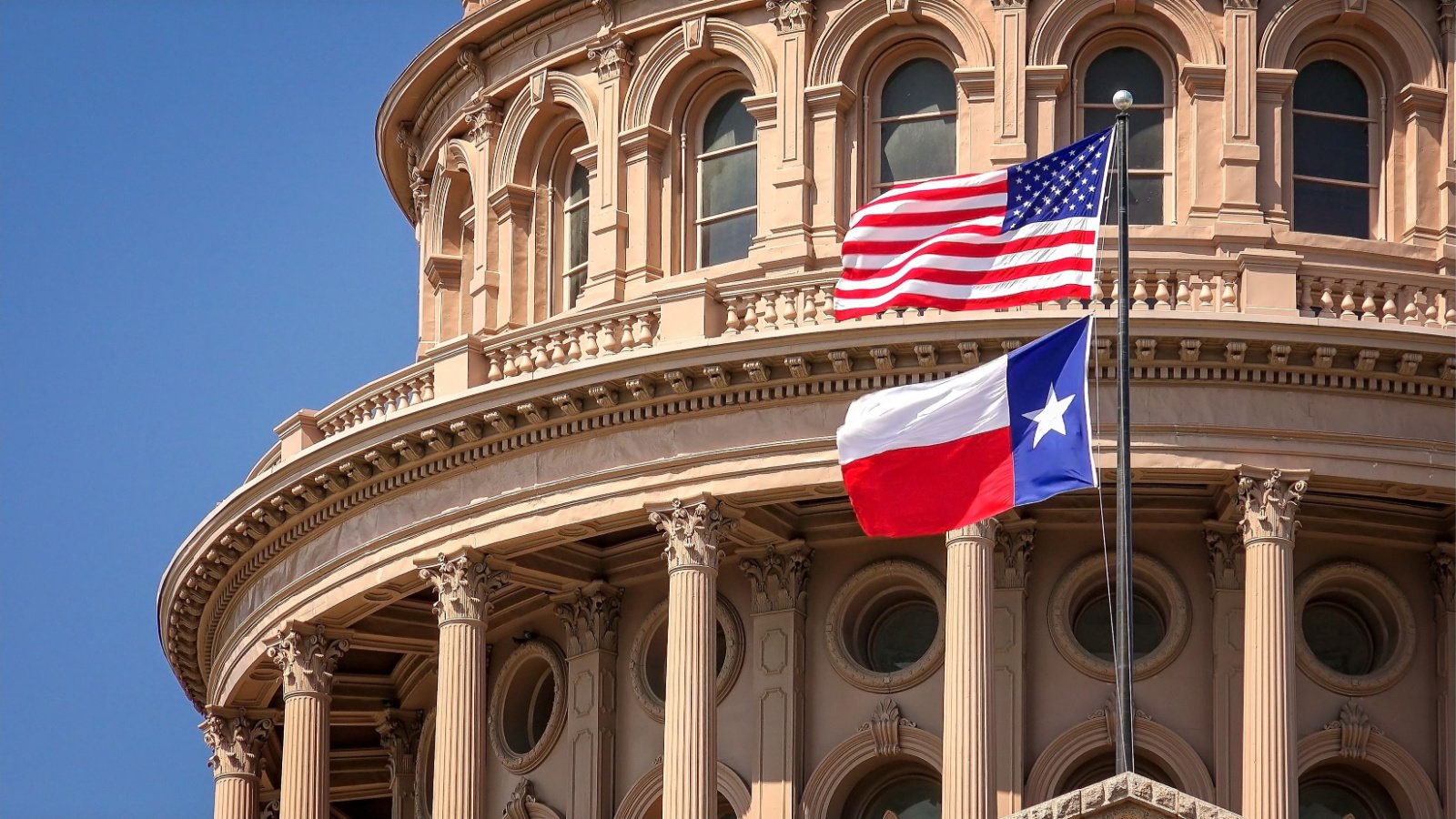
Top pornosites leveren veilig hoogwaardige expliciete
inhoud. Kies voor geverifieerde platforms voor een discrete ervaring.
Here is my webpage :: best free porn videos
Bond hat sich entschlossen, beim MI6 zu kündigen und sein weiteres Leben zusammen mit Vesper Lynd zu verbringen. Bond gelangt dadurch zusammen mit
Vesper Lynd in Gefangenschaft, wo Bond aufs Härteste gefoltert wird, damit er das erspielte
Geld an Le Chiffre abgibt. Aufgrund seiner Zusammenarbeit mit Terroristen, stand er schon lange auf der Liste
der Gesuchten beim Geheimdienst. Das Geld der Terroristen verwaltet er
jedoch nicht nur, sondern zockt damit auch an der Börse.
Die Regie in „Casino Royale“ wurde von Martin Campbell geführt,
der auch schon vorher bei anderen Bond Filmen als Regisseur mitgewirkt hat.
Seitdem hat Daniel Craig in drei weiteren Bond Filmen mitgespielt, in den Filmen „Ein Quantum
Trost„, „Skyfall“ und „Spectre„.
Es wird hier nicht etwa einfach ein neues Bond-Abenteuer mit einem neuen Hauptdarsteller erzählt.
Dieser Film wäre mit Brosnan kaum möglich gewesen. Craig muss den Vergleich mit seinen Vorgängern nicht scheuen.
References:
https://online-spielhallen.de/zet-casino-mobile-app-dein-ultimativer-guide/
OpenAI used the subreddit r/ChangeMyView to measure the persuasive abilities of its
AI reasoning models. ChatGPT users will see an updated “chain of thought” that shows more of the model’s “reasoning” steps and how it arrived at answers
to questions. The tools are part of OpenAI’s new Responses
API, which enables enterprises to develop customized AI agents that can perform web searches, scan through company files, and navigate websites,
similar to OpenAI’s Operator product.
Most users will want Auto, but the additional control will be useful for some people.Rate limits are now 3,000 messages/week
with GPT-5 Thinking, and then extra capacity on GPT-5 Thinking… Despite unveiling GPT-5
as a “one-size-fits-all” AI, OpenAI is still
offering several legacy AI options, including GPT-4o, GPT-4.1, and o3.
The AI company said the updates aim to provide tighter
protections around suicide-related conversations and
give parents more oversight of their children’s use.
The company says it will block flirtatious exchanges with minors and add stronger protections around
discussions of suicide, even escalating severe cases
to parents or authorities. CEO Sam Altman announced new
policies for under-18 users of ChatGPT, tightening safeguards
around sensitive conversations. OpenAI’s new Applications CEO,
Fidji Simo, called Pulse the first step toward bringing high-level personal support to everyone, starting with Pro users.
References:
https://blackcoin.co/lakeside-inn-and-casino-an-in-depth-look/
Another official is the sergeant at arms who, as the
Senate’s chief law enforcement officer, maintains order and security on the
Senate premises. The Senate’s chief administrative officer is the secretary of the Senate,
who maintains public records, disburses salaries, monitors the acquisition of stationery and
supplies, and oversees clerks. The powers of the presiding officer of the Senate are far
less extensive than those of the speaker of the House.
They may vote in the Senate (ex officio, for they are not an elected member of the Senate)
in the case of a tie, but are not required to.
Customarily, the majority leader and minority leader are
accorded priority during debates even if another senator rises first.
Usually, such delays are used while waiting for
a senator to reach the floor to speak or to give leaders time to
negotiate. In practice, senators rarely request
quorum calls to establish the quorum as present; instead, quorum calls are generally used to temporarily delay proceedings.
Holds are considered private communications between a senator and the leader, and are sometimes referred to as “secret holds”.
A hold may be placed for any reason and can be
lifted by the senator who placed it at any time.
Nevertheless, presidents have frequently used recess appointments to circumvent the possibility that the Senate may reject the nominee.
Typically, a nominee is the first subject to a hearing before a
Senate committee. Officials whose appointments require the Senate’s approval
include members of the Cabinet, heads of most federal executive agencies, ambassadors, justices of
the Supreme Court, and other federal judges. The president can make certain appointments only
with the advice and consent of the Senate.
References:
https://blackcoin.co/best-payout-casinos-in-australia-2025-guide/
usa casino online paypal
References:
http://www.s-golflex.kr/main/bbs/board.php?bo_table=free&wr_id=4890063
casino mit paypal
References:
http://www.leeonespa.com/bbs/board.php?bo_table=free&wr_id=7998